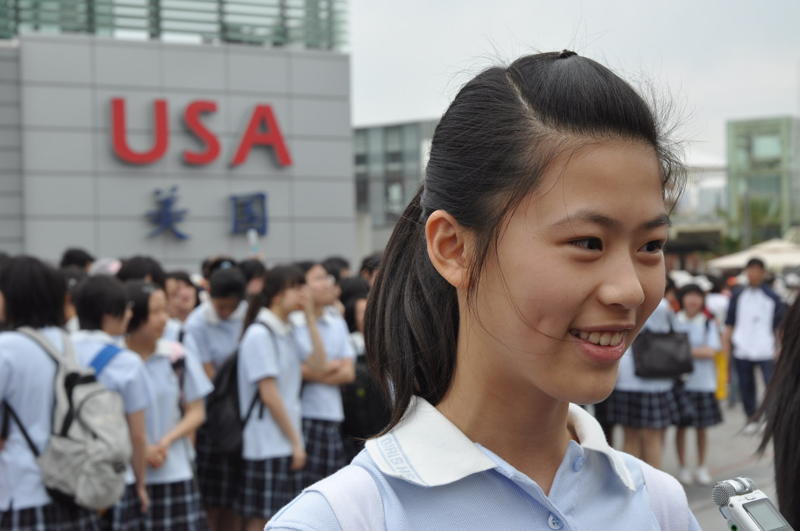Overview of New Visa Policy
On May 28, 2025, U.S. Secretary of State Marco Rubio announced that the Trump administration would “aggressively revoke” visas for Chinese students, particularly those with ties to the Chinese Communist Party or studying in unspecified “critical fields.” This directive aims to counter perceived national security threats and protect U.S. intellectual property. The administration has also pledged to enhance scrutiny of future visa applications from China and Hong Kong.
Criteria for Visa Revocation
The new policy targets Chinese students based on two main criteria:
- Connections to the Chinese Communist Party: Students with affiliations to the ruling party are considered potential security risks.
- Enrollment in Critical Fields: While the specific disciplines are not defined, they likely include areas such as semiconductor engineering and aerospace, where U.S. and China have technological rivalries.
Implications for U.S. Higher Education
Approximately 277,000 Chinese students were enrolled in U.S. institutions during the 2023–2024 academic year. The revocation of visas for a significant portion of this population could lead to:
- Financial Strain on Universities: International students often pay higher tuition fees, contributing substantially to university revenues.
- Research Setbacks: Chinese students and scholars have been integral to advancements in various scientific fields.
- Campus Diversity Challenges: A reduction in international students may diminish cultural and academic diversity on campuses.
Reactions from Affected Parties
- Chinese Government: The Chinese Ministry of Foreign Affairs condemned the policy, labeling it “discriminatory” and asserting that it undermines the legitimate rights of Chinese students.
- U.S. Academic Institutions: Many universities have expressed concern over the potential negative impact on their academic communities and research capabilities.
- Students and Scholars: Affected individuals have reported feelings of uncertainty and fear regarding their academic and professional futures in the U.S.
Broader Context
This move is part of a series of actions by the Trump administration to address national security concerns related to foreign influence in U.S. academic institutions. Previous measures have included the closure of Confucius Institutes and increased scrutiny of research collaborations with Chinese entities. The current policy aligns with broader efforts to limit China’s access to sensitive technologies and research.
Conclusion
The Trump administration’s decision to revoke visas for Chinese students marks a significant shift in U.S. immigration and education policy. While aimed at addressing national security concerns, the move raises questions about its impact on academic freedom, international collaboration, and the future of U.S.-China educational exchanges.











